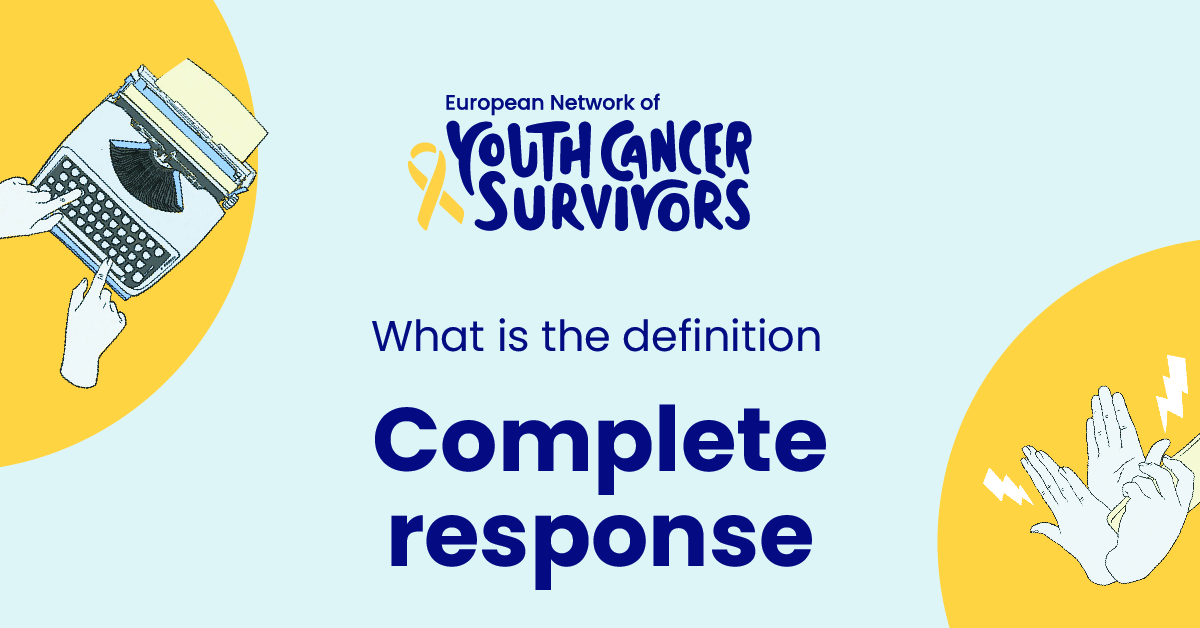
Medical terminology can often seem like a different language, and for many people, it is. These intricate combinations of Latin and Greek words, prefixes, and suffixes can be daunting, but they are a crucial part of understanding the health industry. A good understanding of medical terms can be beneficial to everyone, ranging from those involved in healthcare professions to ordinary individuals looking to better understand their health.
A familiar term in the healthcare field that frequently causes some confusion is “complete response”. To help dispel this ambiguity, we delve deep into the meaning of complete response in this comprehensive article, examining how it differs from a partial response, the conditions under which it may occur, and why post-complete response follow-up is essential.
Defining Complete Response in Healthcare
Complete response is a term commonly used within health and medical settings, specifically in the context of cancer treatment. In simple terms, a complete response implies that after medical intervention, no trace of the disease can be detected in the body.
This term is often applied after treatments such as chemotherapy, radiation, or surgery and is indicative of the treatment’s effectiveness. However, it’s worth mentioning that a complete response does not always equate to a cure, as undetectable traces of the disease could potentially still exist within the body.
Differentiating Complete and Partial Response
Understanding the difference between a complete response and a partial response is pivotal for anyone involved in a healthcare journey. A partial response describes a situation where the disease, such as cancer, has significantly decreased in size but is still measurable or detectable after treatment.
The fundamental dissimilarity between a complete and partial response thus lies in the post-treatment detection of the disease. A complete response denotes no identifiable disease, whereas a partial response indicates a reduced yet present disease. These terms are critical in gauging the effectiveness of treatment strategies and determining the next steps in a patient’s care plan.
Conditions Leading to a Complete Response
Several health conditions utilize the concept of complete response, most notably those involved with cancer and some types of infectious diseases. For instance, in leukemia patients, a complete response signifies successful treatment where no cancer cells are detectable in the blood or bone marrow.
Identifying a complete response varies depending on the disease in question. It may involve numerous physical examinations, laboratory tests, imaging studies, or biopsies for confirmation. Each of these diagnostic tools plays a significant role in detecting the absence or presence of a disease, thus determining whether a complete response has been achieved.
The Role of Medication and Treatment in Achieving Complete Response
Medication and treatment modalities play a foundational role in achieving a complete response. Ranging from chemotherapy drugs, radiation therapy, surgical intervention, to different types of immunotherapies, all these options have the potential to eradicate observable disease.
The type and stage of the disease, individual health variables, and response to the treatment intervention significantly influence the likelihood of achieving a complete response. Therefore, a personalized treatment plan is crucial in pursuit of this desired outcome.
The Importance of Monitoring and Follow-up After A Complete Response
Once a complete response is achieved, diligent monitoring and routine follow-ups are of utmost importance. They provide an opportunity for healthcare providers to detect potential recurrence at its inception, promoting the best possible outcomes.
Failure to adhere to follow-up protocols could increase the risk of unnoticed disease recurrence, potentially causing severe complications. Follow-up visits usually involve physical exams, laboratory tests, and sometimes imaging studies—all designed to ensure the disease has not returned or reestablished itself in the body.
Get to know us better
If you are reading this, you are in the right place – we do not care who you are and what you do, press the button and follow discussions live

Case Studies Illustrating Complete Response
Case studies play a crucial role in illustrating complete responses, offering valuable insights into how various treatments work in real-life scenarios. These detailed narratives often capture patients’ journey from diagnosis to achieving a complete response, tracing the effectiveness of different treatment interventions, and their side effects.
From these case studies, healthcare practitioners can derive crucial lessons. They often provide prompts for further research, inspire improvements in treatment methodologies, and furnish invaluable resources for educating both professionals and individuals embarking on similar health journeys.
Conclusion
We hope this article provides a better understanding of the medical term “complete response,” its implications, how it differs from a partial response, and the role of medication and treatment in achieving it. Ensuring sufficient and consistent monitoring after declaring a complete response is also paramount, as it aids in detecting any potential recurrence of the disease.
Continued research around complete response will undoubtedly provide more precise treatment methods, more fine-tuned monitoring tools, and ultimately, more successful patient outcomes. Let’s all continue to strive for that complete response, one treatment at a time.
FAQs
- What does a complete response mean in the context of cancer treatment?
A complete response in cancer treatment signifies that no traces of the disease can be detected in the body post-treatment.
- How does a complete response differ from a partial response?
A complete response means no visible disease post-treatment, while a partial response suggests a reduced but still detectable presence of the disease.
- What conditions can result in a complete response?
Malignancies like cancer and some infectious diseases often use the term complete response when treatment successfully eradicates detectable disease.
- What role do medications play in achieving a complete response?
Medications, along with other treatment modalities like surgery and radiation, play a crucial role in eradicating the disease, thus achieving a complete response.
- Why is monitoring and follow-up important after a complete response declaration?
Post-complete response monitoring is essential to detect potential recurrence at its earliest and to ensure the disease has not re-established itself in the body.










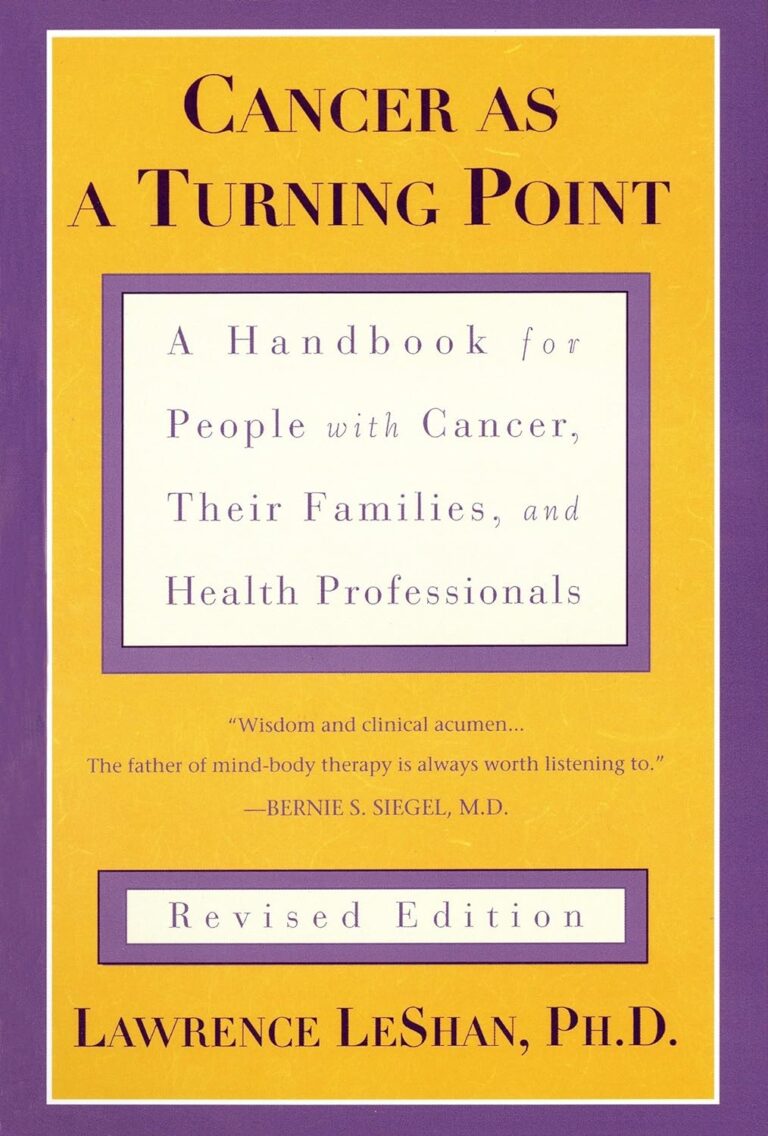
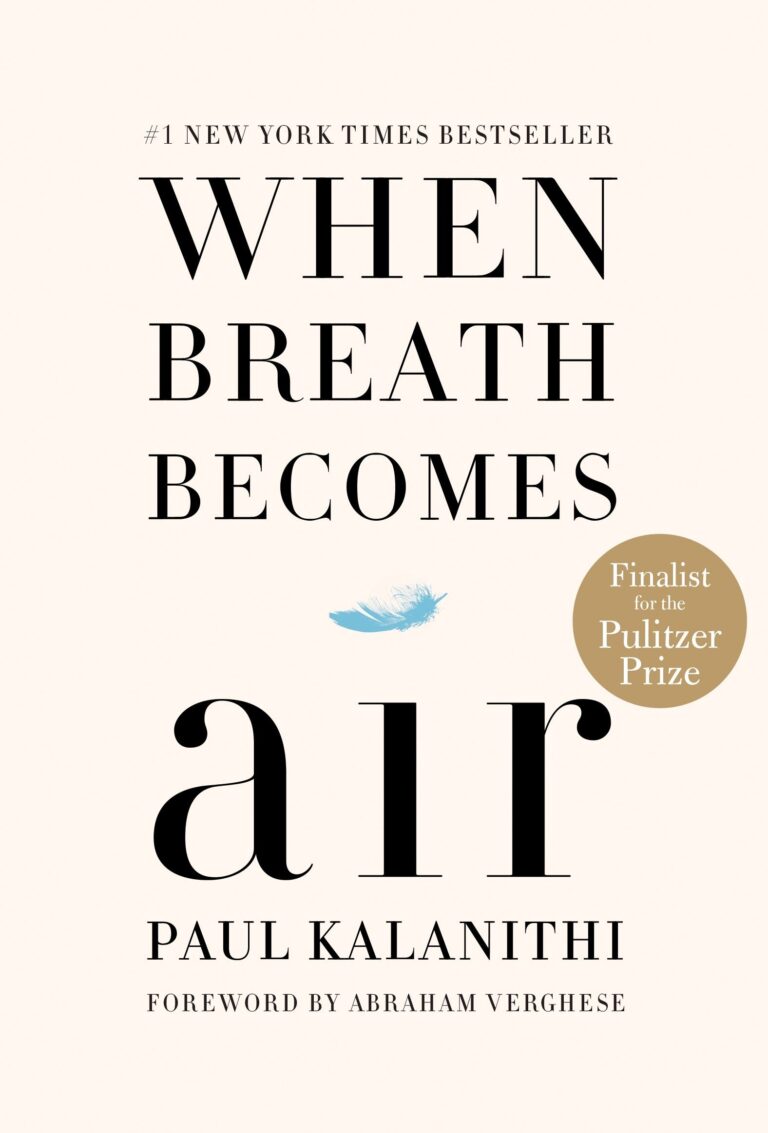
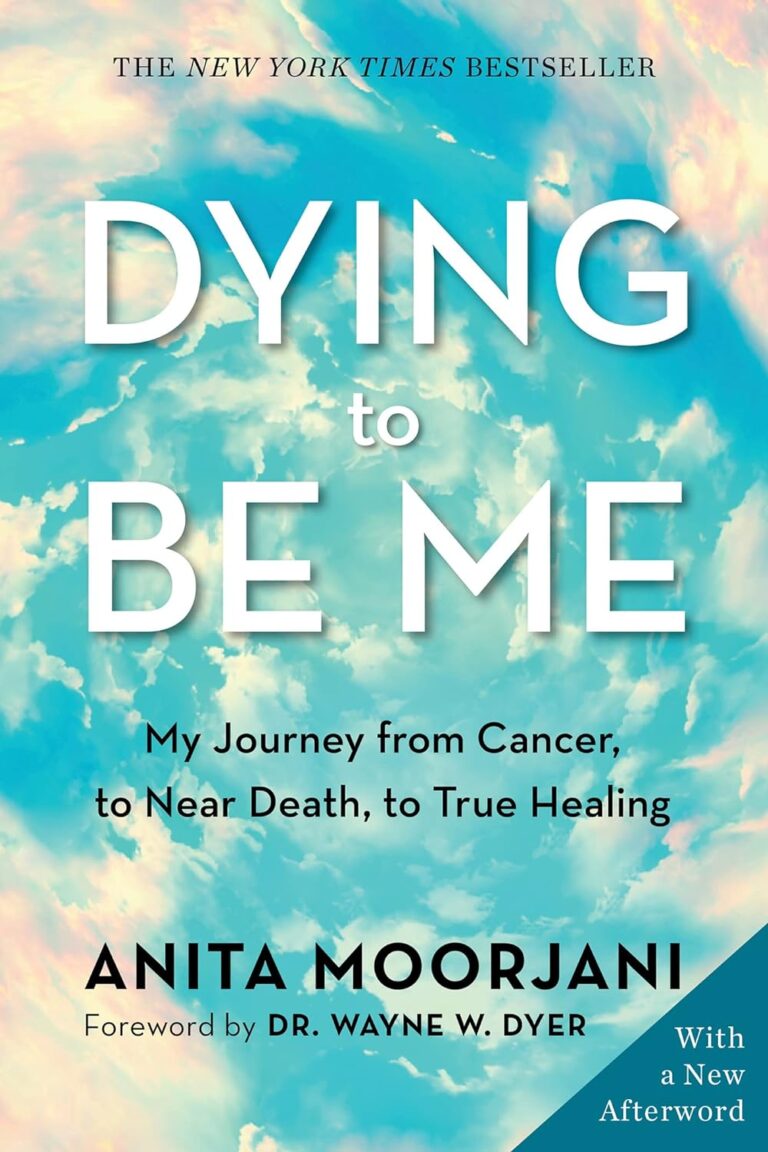


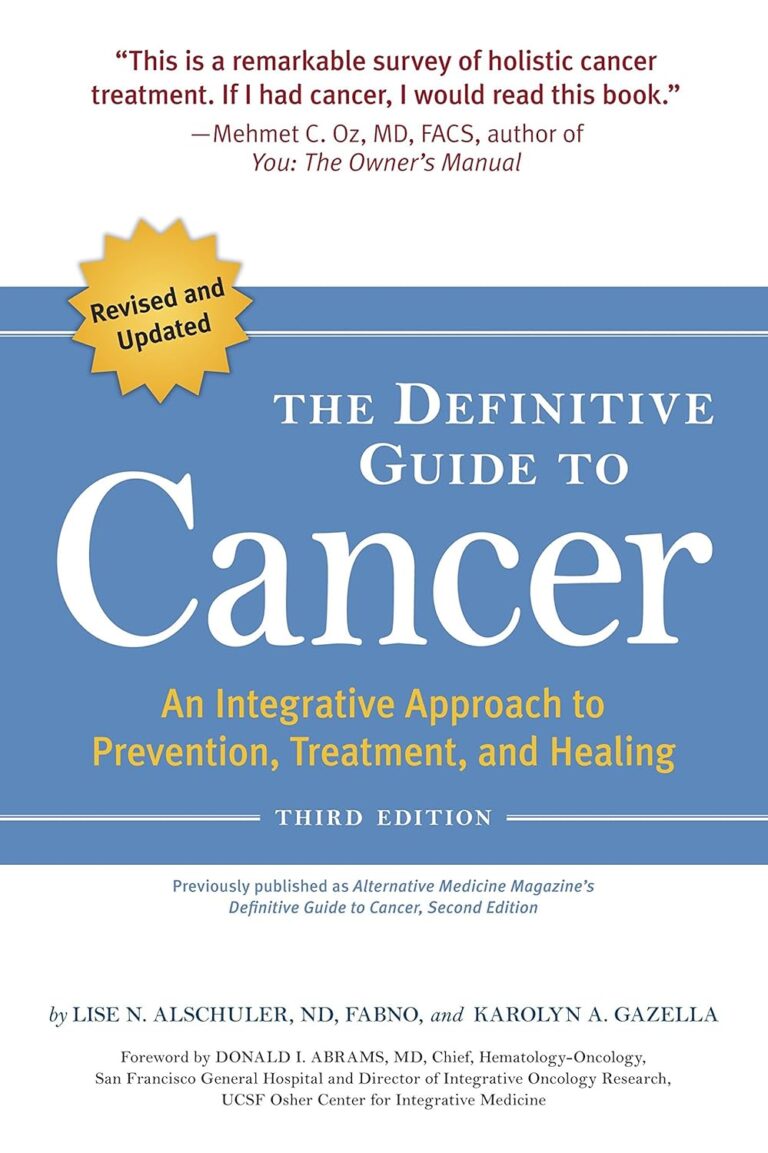

Comments
Thank you. Comment sent for approval.
Something is wrong, try again later